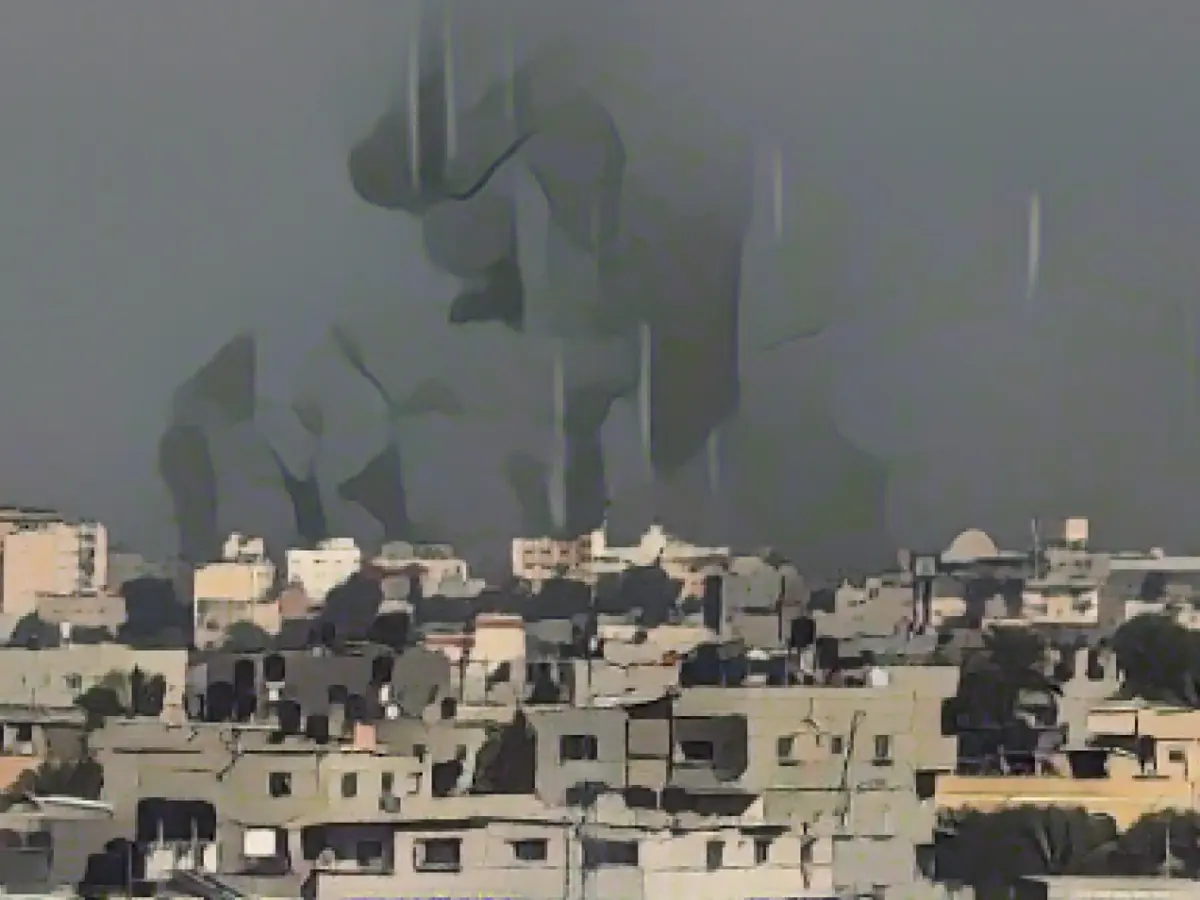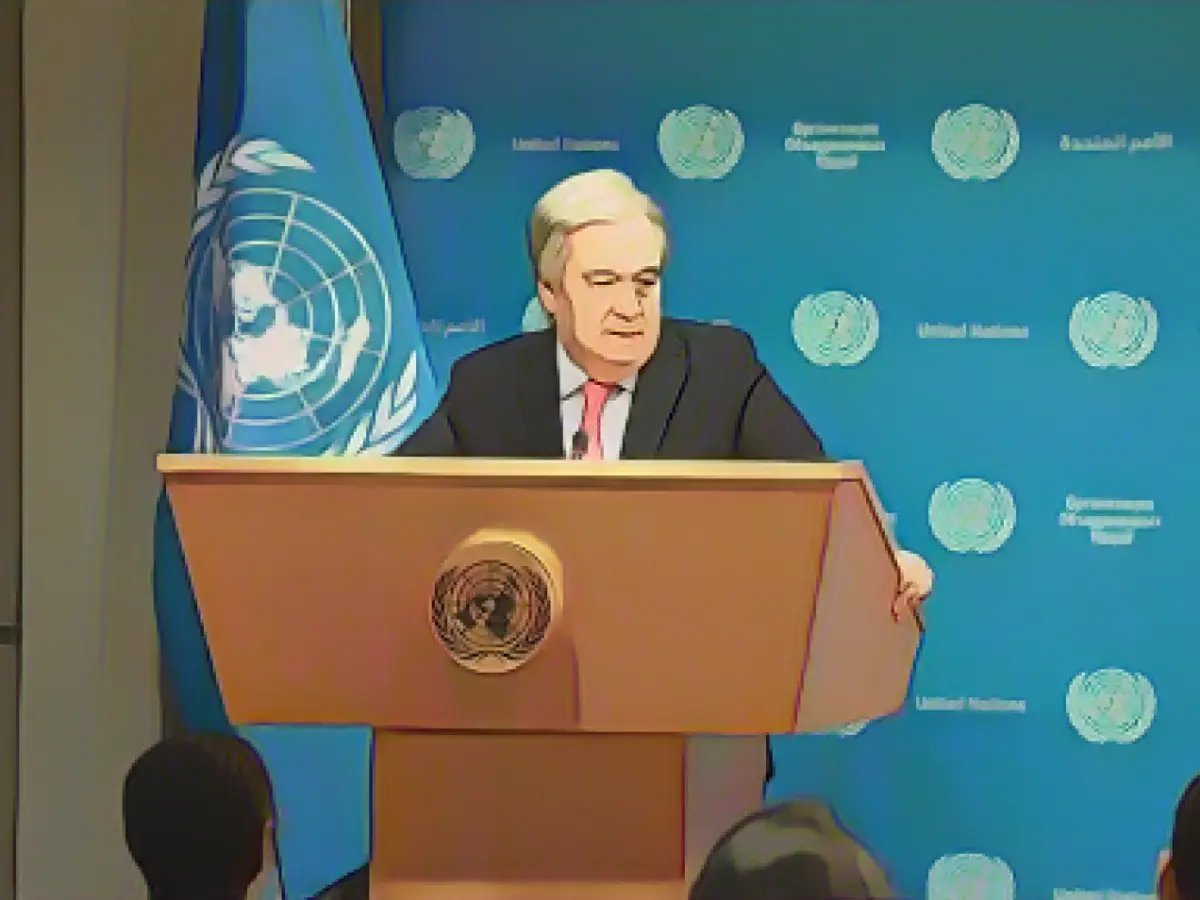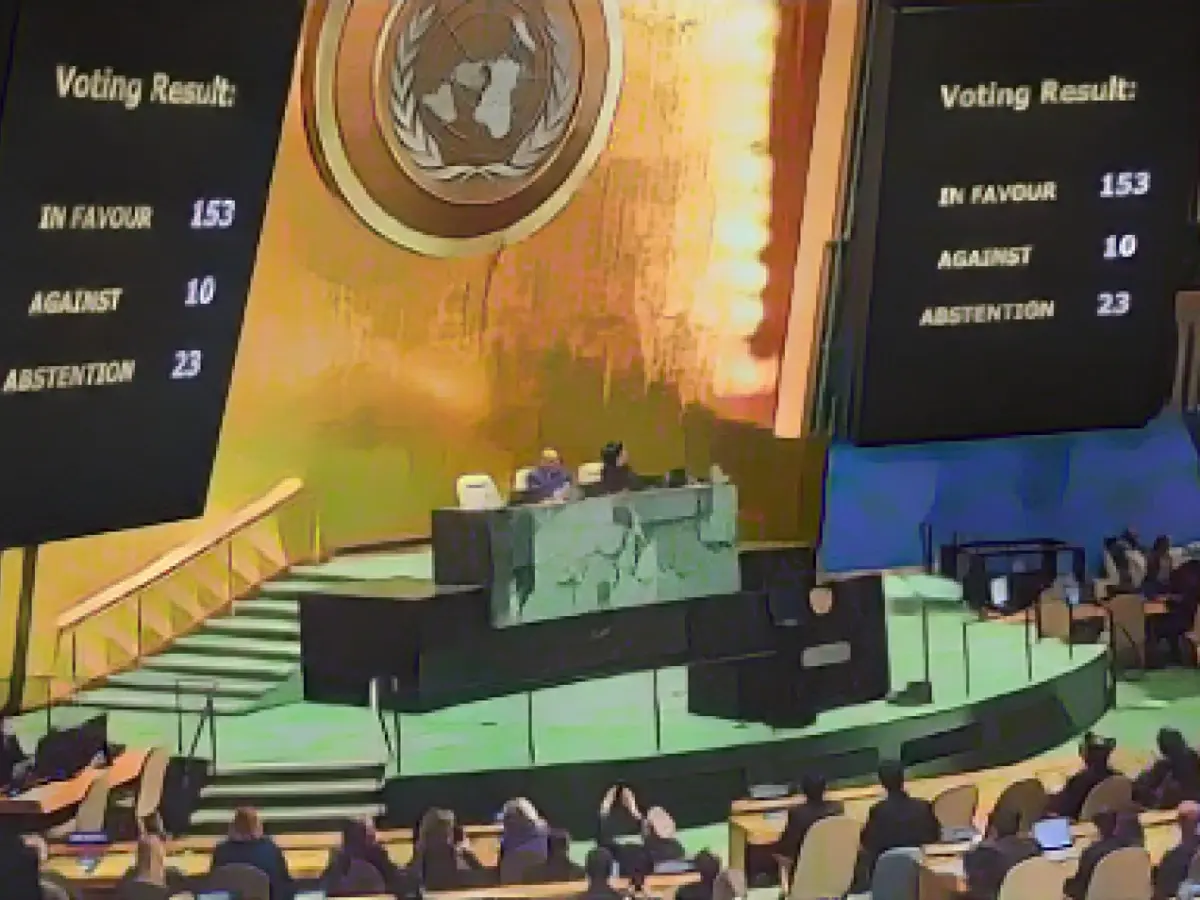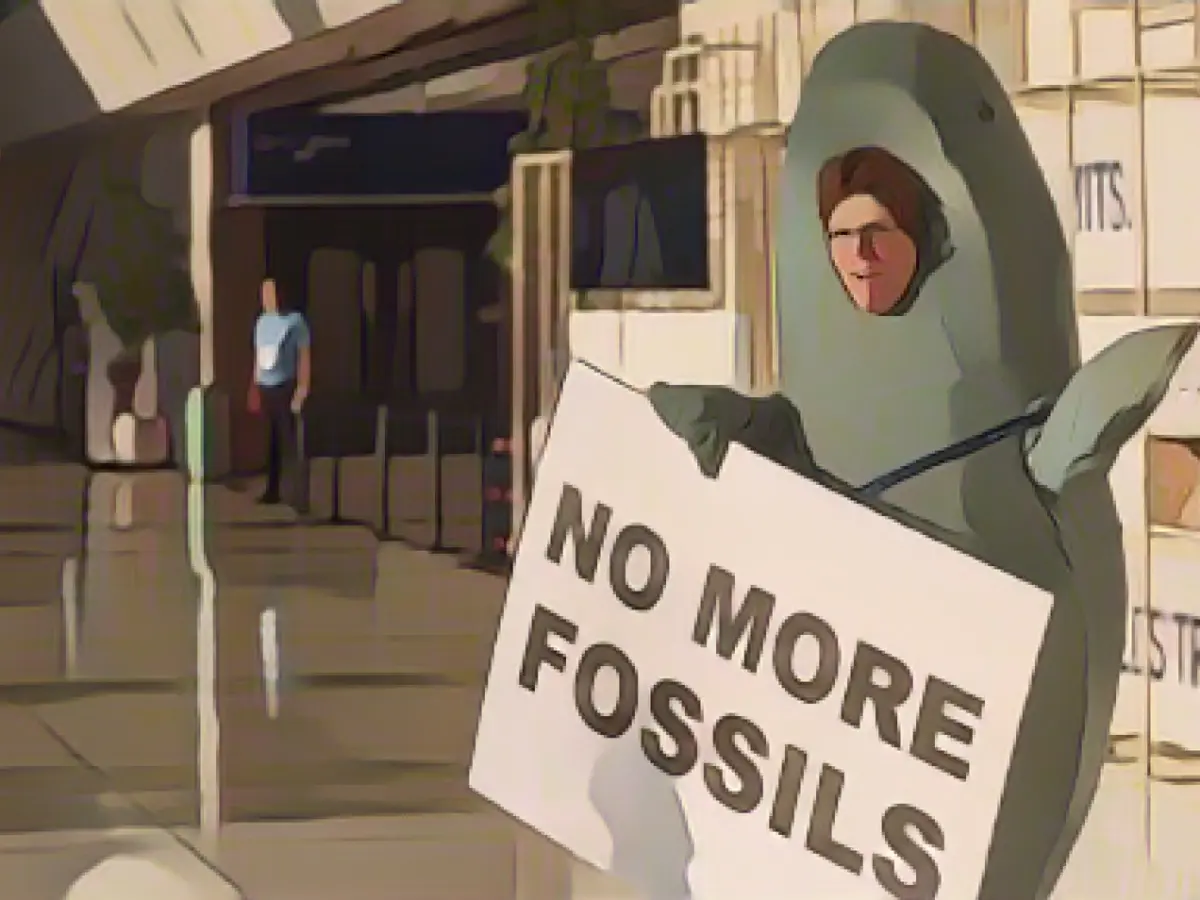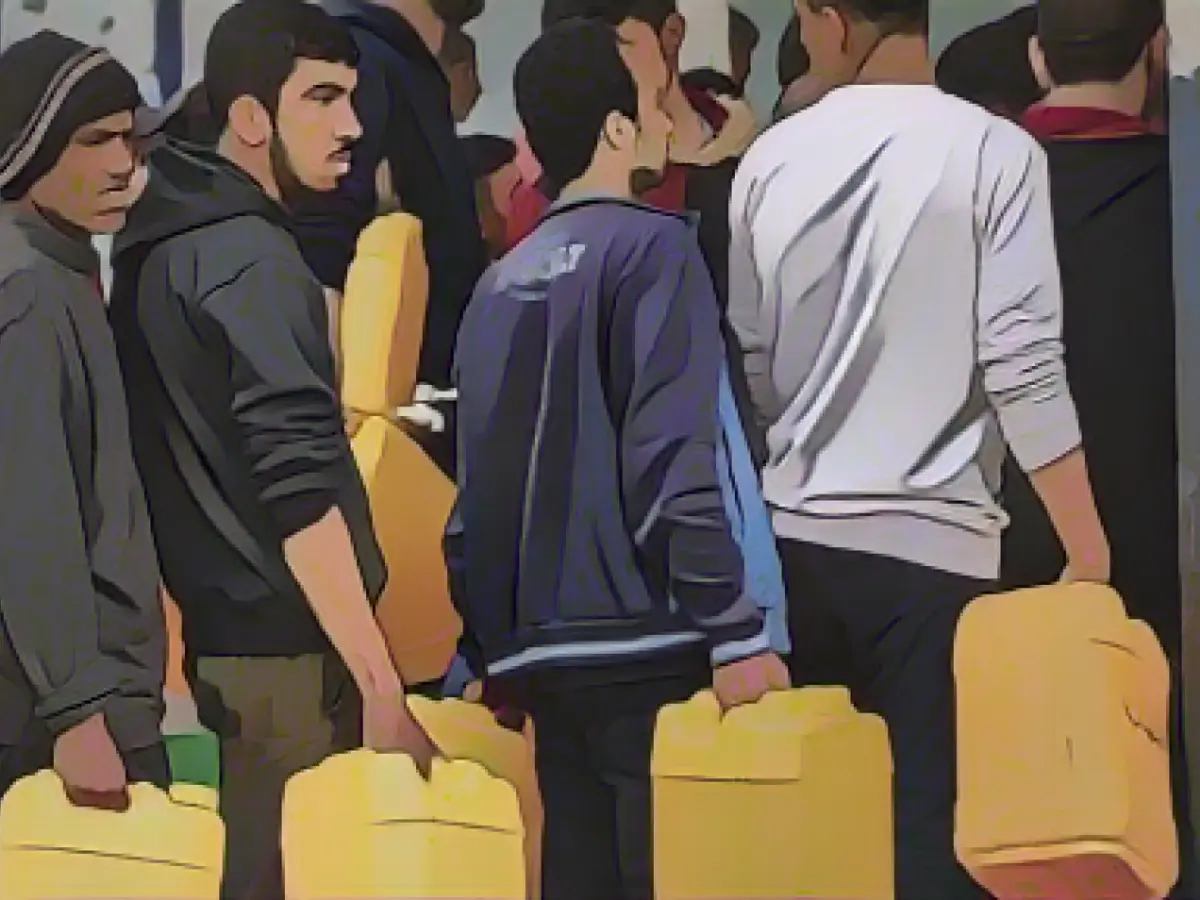Gaza Resolution's Mixed Reception
The UN Security Council's compromise on extending humanitarian aid for 2 million Gaza Strip residents has met with a split reaction. While celebrating the UN body's avoidance of a complete standstill in the face of Palestinian's ongoing suffering, critics voiced skepticism about the resolution's quality.
United Nations Secretary-General António Guterres emphasized that "enough is not enough" to assist Gaza's population. Although Council members expressed dissatisfaction with the diluted text, some considered it necessary. A key provision in the text urged Israel to immediately grant unrestricted and unhindered humanitarian access to Gaza.
Guterres voiced frustration over the removal of a demand for an immediate ceasefire, pressured by the US. He maintained that only a humanitarian truce could meet the urgent needs of Gaza's inhabitants and end their nightmarish situation. Although the Portuguese Secretary-General left no uncertainty in his stance, noting that Israel blocked parts of aid to Gaza, the resolution lacked the teeth to enforce compliance with its recommendations.
UAE Ambassador Lana Nusseibeh called the text "not ideal" and maintained the necessity of a ceasefire. China also expressed disappointment, and the resolution's influence remains to be seen. Despite its binding nature under international law, any consequences for Israel in the event of non-compliance would likely be manageable.
Humanitarian Efforts in Limbo
Following days of arduous negotiations and repeated postponements to dodge a US veto, the 15 Security Council members finally approved the resolution with 13 votes in favor and two abstentions from the US and Russia. Alongside calls for humanitarian aid, the resolution required Israel to grant a UN coordinator exclusive control over checking incoming aid shipments.
Previously, the resolution had demanded that the United Nations monopolize delivery inspections. However, this demand met resistance due to concerns about smuggled weapons. Israel's Foreign Minister, Eli Cohen, confirmed that Israel would continue inspecting aid shipments for security reasons.
Unprecedented Humanitarian Crisis
As a result of Israel's escalating hostilities over the past ten weeks, the humanitarian plight of the two million residents in the Gaza Strip has plunged to critical levels. A recent UN survey uncovered that 577,000 Gaza residents fall into the most severe category of starvation. Globally, this number equates to less than half of those currently at risk. The devastating conflict has forced nearly all Gaza residents to contend with hunger or displacement.
US Internal Struggle
The US government wrestled with internal disagreements during the negotiations. Security Council sources suggested that senior diplomats had contemplated abstaining, which would have cleared the way for a resolution. Ultimately, US President Joe Biden opted against vetoing the resolution, thanks to persuasive diplomatic engagements by US Secretary of State Antony Blinken with his Arab counterparts.
This isn't the first time the US intervened to prevent a resolution on the Gaza conflict, having blocked two earlier drafts. Critics argue that the US consistently puts Israel's interests before humanitarian ones, jeopardizing ongoing diplomatic efforts on the ground.
Current Developments
Israeli forces continue their offensive in the Hamas-controlled region of Khan Junis, aiming to strengthen their control over the north of the Gaza Strip. Meanwhile, Israeli soldiers prepare to intensify their operations in other Gaza areas, particularly in the southern region.
Gaza Aid and Ceasefire Resolution Enrichment
- Algeria presented a draft resolution at the UN Security Council seeking an immediate humanitarian ceasefire and boosting humanitarian aid to Gaza.
- The US has threatened to veto this draft resolution due to potential risks to ongoing peace negotiations.
- Human rights organizations, such as Human Rights Watch, Amnesty International, and Doctors Without Borders, have criticized the US for complicity in war crimes by providing military and diplomatic support to Israel.
- The resolution could help alleviate humanitarian suffering in Gaza, but the US veto threat makes it unlikely to be adopted without sufficient support from Council members.
- The resolution condemns Israel's ban on UNRWA operations, seen as exacerbating Palestinian suffering and a violation of the General Assembly mandate and resolution ES-10/25.
- The ongoing humanitarian crisis in Gaza has resulted in a significant number of deaths, with the majority being women, children, and the elderly.
